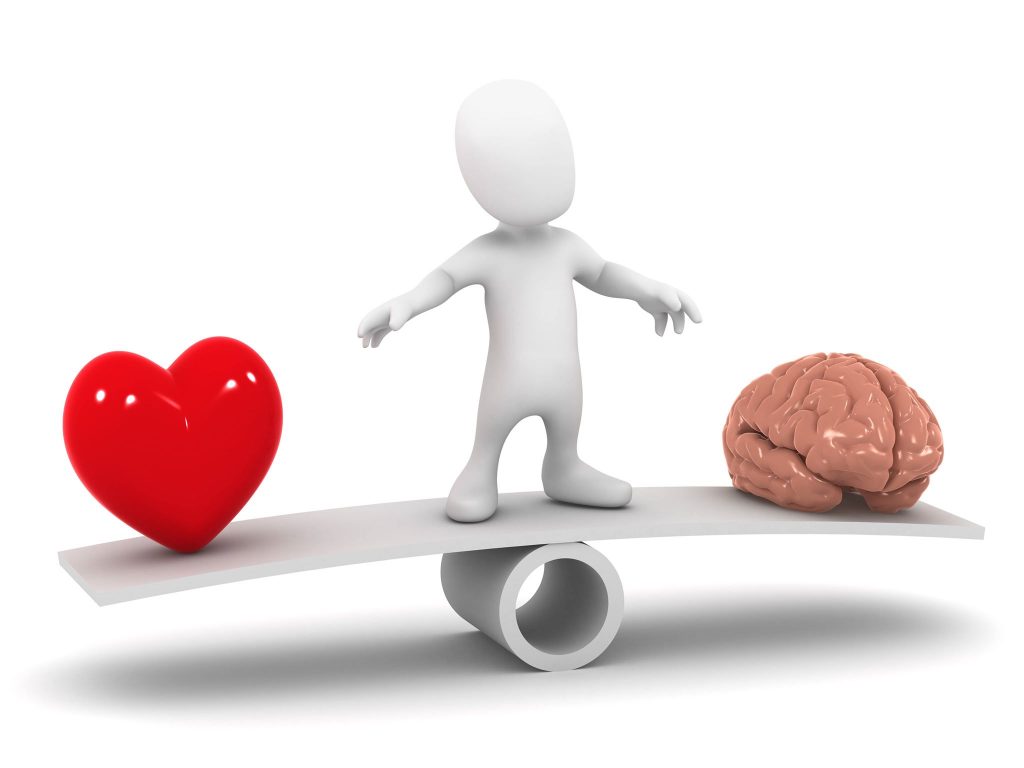Self Regulation In Education
Self Regulation In Education is a vital aspect of a student's overall development. It plays a crucial role in shaping their emotional intelligence and helps them navigate through various challenges. In this article, we will explore the importance of self-regulation in education and how it can positively impact students. So, let's dive in!
1. Understanding Self Regulation
Self-regulation is the ability to manage one's thoughts, feelings, and actions in different situations effectively. It involves being aware of one's emotions, controlling impulses, and adapting to changes. Self-regulated learners are better equipped to handle stress, concentrate, set goals, and persevere in the face of challenges.
Image source: Education Jobs
Developing self-regulation skills in students is crucial as it not only fosters academic success but also contributes to their overall well-being. Let's explore some strategies that can help educators nurture self-regulation in the classroom.
2. Strategies to Foster Self Regulation in Education
Nurturing self-regulation skills requires a holistic approach that involves both educators and parents. Here are some effective strategies that can be implemented:
a) Creating an Emotionally Supportive Environment
A positive and nurturing environment is essential for students to feel safe and comfortable expressing their emotions. Educators can create such an environment by encouraging open communication, actively listening to students' concerns, and providing appropriate guidance and support.
b) Teaching Emotional Awareness

Image source: HeartFirst Education
Helping students develop emotional awareness is a fundamental step in fostering self-regulation. Educators can teach students to identify and label their emotions, understand the triggers, and explore healthy ways to express and manage them. Emotion-focused activities, such as journaling or mindfulness exercises, can be incorporated into daily classroom routines.
c) Encouraging Goal Setting and Planning
Setting realistic goals and creating action plans to achieve them can greatly enhance students' self-regulation skills. Educators can guide students in setting both short-term and long-term goals, breaking them down into smaller achievable steps, and monitoring their progress. This process helps students develop self-discipline, time management, and self-reflection.
3. The Impact of Self Regulation on Student Success
Self-regulation has a profound impact on students' overall success and well-being. Here's how self-regulated learners benefit:
a) Improved Academic Performance
Students with strong self-regulation skills are better able to concentrate, manage distractions, and persist in their studies. They have the ability to set academic goals, develop effective study strategies, and manage their time efficiently.
b) Enhanced Social and Emotional Well-being
Self-regulated learners are more likely to develop positive social relationships, handle conflicts appropriately, and exhibit empathy towards others. They have a greater sense of self-awareness, which enables them to understand and manage their emotions effectively.
c) Resilience and Adaptability
Self-regulated learners are better equipped to cope with setbacks and challenges. They have the ability to bounce back from failures, adapt to changes, and persevere in the face of adversity. These qualities are essential for success, both academically and in real-life situations.
FAQs
Q1: Can self-regulation be taught?
A1: Yes, self-regulation skills can be taught and nurtured. Educators play a crucial role in guiding students and providing them with the necessary tools and strategies to develop self-regulation.
Q2: At what age should self-regulation skills be introduced?
A2: Self-regulation skills can be introduced at an early age, starting from preschool. However, the level of complexity and the strategies used may vary based on the developmental stages of the students.
Q3: How can parents support the development of self-regulation in their children?
A3: Parents can support self-regulation development by providing a nurturing and emotionally supportive environment at home. They can also encourage healthy coping mechanisms, promote open communication, and model positive self-regulation behaviors.
In conclusion, self-regulation plays a crucial role in a student's holistic development. By fostering self-regulation skills in education, educators empower students to become self-disciplined, resilient, and successful individuals. It is a lifelong skill that not only benefits students academically but also contributes to their overall well-being.
So, let's come together as educators and parents to prioritize the development of self-regulation skills and create a brighter future for our students!
Powerfully You – Self Regulation Education — Powerfully You
 Image Source : www.powerfullyyou.org
Image Source : www.powerfullyyou.org Powerfully You – Self Regulation Education — Powerfully You
 Image Source : www.powerfullyyou.org
Image Source : www.powerfullyyou.org Powerfully You – Self Regulation Education — Powerfully You
 Image Source : www.powerfullyyou.org
Image Source : www.powerfullyyou.org Helping Students Develop Self-Regulation - Education Jobs
regulation self develop helping students
Self-Regulation In Education - 1st Edition - Jeffrey A. Greene - Rout
 Image Source : www.routledge.com
Image Source : www.routledge.com "Zones" Regulation Center At GTS | Self Regulation, Education, Zones Of
 Image Source : www.pinterest.com
Image Source : www.pinterest.com Emotional Intelligence & Self Regulation | HeartFirst Education
 Image Source : heartfirsteducation.org
Image Source : heartfirsteducation.org regulation
Powerfully You – Self Regulation Education — Powerfully You
.png) Image Source : www.powerfullyyou.org
Image Source : www.powerfullyyou.org Self-regulation in education. Powerfully you – self regulation education — powerfully you. Emotional intelligence & self regulation. Powerfully you – self regulation education — powerfully you. "zones" regulation center at gts